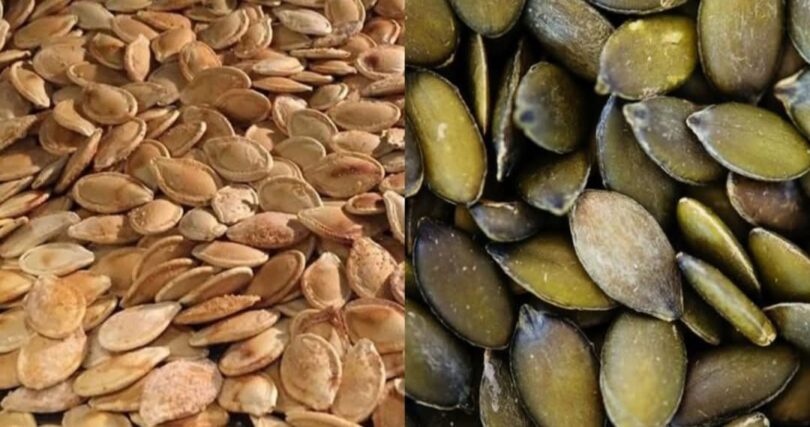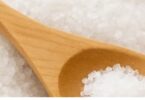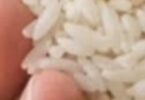Pumpkin seeds, also known as pepitas, are nutrient-dense snacks packed with benefits like magnesium, zinc, and healthy fats. However, like many superfoods, consuming them improperly or in excess can lead to risks. While pumpkin seeds won’t outright kill you in normal circumstances, certain practices or conditions can turn this healthy treat into a potential problem. Here’s what you need to know.
1. Overconsumption: The Hidden Danger
Pumpkin seeds are high in fiber, which is excellent for digestion in moderate amounts. However, eating too many at once can lead to:
Digestive Issues: Bloating, gas, or constipation due to their high fiber content.
Weight Gain: Seeds are calorie-dense, and overindulging can lead to excessive calorie intake.
Electrolyte Imbalance: Consuming excessive amounts of salted pumpkin seeds may disrupt your sodium-potassium balance.
Solution:
Stick to a daily serving size of about 1–2 ounces (a small handful).
2. Mold and Contamination
Pumpkin seeds stored improperly can develop mold or harbor harmful bacteria like Salmonella or E. coli. Moldy seeds can produce mycotoxins, which are toxic to humans.
Solution:
Store pumpkin seeds in a cool, dry place in an airtight container.
Inspect seeds for discoloration, a foul smell, or an unusual taste before eating.
3. Choking Hazard
Whole pumpkin seeds, especially those with shells, can pose a choking risk, particularly for children, older adults, or people with swallowing difficulties.
Solution:
Opt for shelled seeds for easier consumption and ensure young children chew them thoroughly.
4. Allergic Reactions
While rare, some people can experience allergic reactions to pumpkin seeds. Symptoms may include:
Itching, swelling, or hives
Difficulty breathing
Digestive upset, such as nausea or vomiting
Solution:
If you suspect an allergy, consult a healthcare provider before consuming pumpkin seeds.
5. Pesticides and Toxins in Non-Organic Seeds
Non-organic pumpkin seeds may contain pesticide residues or be exposed to chemical processing. Consuming such seeds regularly could expose you to toxins over time.
Solution:
Opt for organic, non-GMO pumpkin seeds whenever possible to reduce exposure to harmful chemicals.
Can Pumpkin Seeds Be Deadly?
Under normal circumstances, eating pumpkin seeds is perfectly safe. However, in rare cases of extreme contamination (e.g., aflatoxins from mold), consuming large amounts could potentially harm your liver or immune system over time.
Conclusion
Pumpkin seeds are a healthy and versatile snack when consumed in moderation and stored properly. To enjoy their benefits without risks:
Avoid overconsumption.
Choose organic, fresh seeds.
Store them correctly.
Be cautious of allergies or choking hazards.
Stay mindful, and pumpkin seeds will remain a powerhouse addition to your diet—not a hazard!







